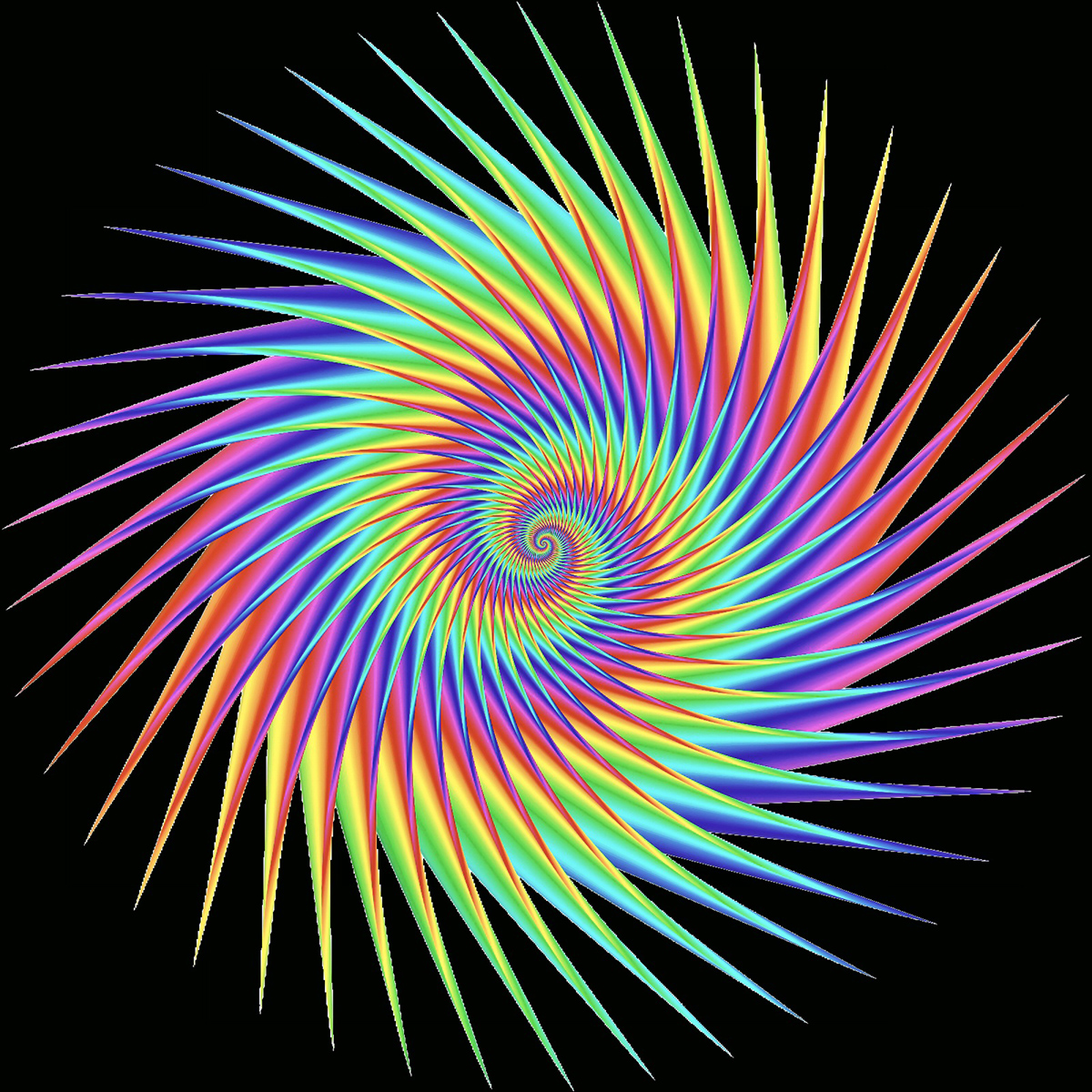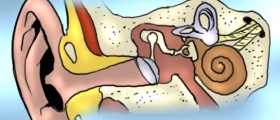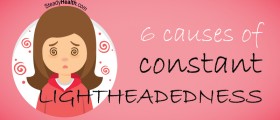
What is Dizziness?
Dizziness is described as feeling of the faint, floating or sudden weakness, and the most intense feeling is that everything is moving and turning around you.Sense of balance depends on the processing various information that reach the brain through the eyes, nervous system (nerve sensors, located in the skin, muscles and joints that send information to the brain about movement and position of the body) and inner ear (monitor the movements of the head-rotation and its moving up and down). Dizziness or loss of balance is caused by the inability of the brain to process signals from all these locations, the contradictory information or dysfunctional sensory system.
Causes of Dizziness
A defective sense of movement or turning the body is the most common type of vertigo which worsens by the movement or getting up and in the hardest form may cause nausea and vomiting. It is usually caused by nerve problems. It also may appear because of the balance mechanism structure of the inner ear (vestibular system), which is sensitive to movements and changes in the position of the head. This type of vertigo also may be caused by abnormal rhythmic eye movements (nystagmus).Above described dizziness usually occur due to vestibular system disorders. Doctors don’t know the exact cause of this phenomenon but it may be a consequence of aging or head injuries.
Vertigo also may be caused by the inflammation of the inner ear due to viral infection which is followed by intense attacks of dizziness, often accompanied by nausea and vomiting and this condition can take several days.
Meniere's disease, characterized by accumulation of fluid in the inner ear is characterized by sudden episodes of dizziness which can take from 30 minutes to more than one hour. Other symptoms include a sense of fullness in the ear, buzzing or ringing and hearing loss for a couple of moments.
Acoustic neuroma is a benign tumor on the acoustic nerve that connects the inner ear with the brain. It includes symptoms such are dizziness, loss of balance and hearing loss.
Presyncope is described as sense of dizziness and weakness without loss of consciousness, accompanied by nausea and skin paleness. This state can be caused by sudden drop in blood pressure which manifests as sense of floating or mild dizziness that can occur after a sudden sitting or getting up.
Also, presyncope may develop due to insufficient blood quantity that goes from the heart to the brain. Vertigo as a consequence of presyncope may also be caused by arteriosclerosis, cardiomyopathy (heart muscle disease), arrhythmia (irregular heart beats rhythm) and anemia (insufficient number of red blood cells).
Dizziness may occur due to legs nerves damages (peripheral neuropathy) which is often phenomenon in the elderly.
Also, problems with muscles and joints (arthritis) may contribute to loss of balance.
Sense of floating followed with sensation of turning in head can also be caused by anxiety states such as panic attacks, fear of closed and open space and hyperventilation (rapid deep breathing).

















Your thoughts on this
Loading...